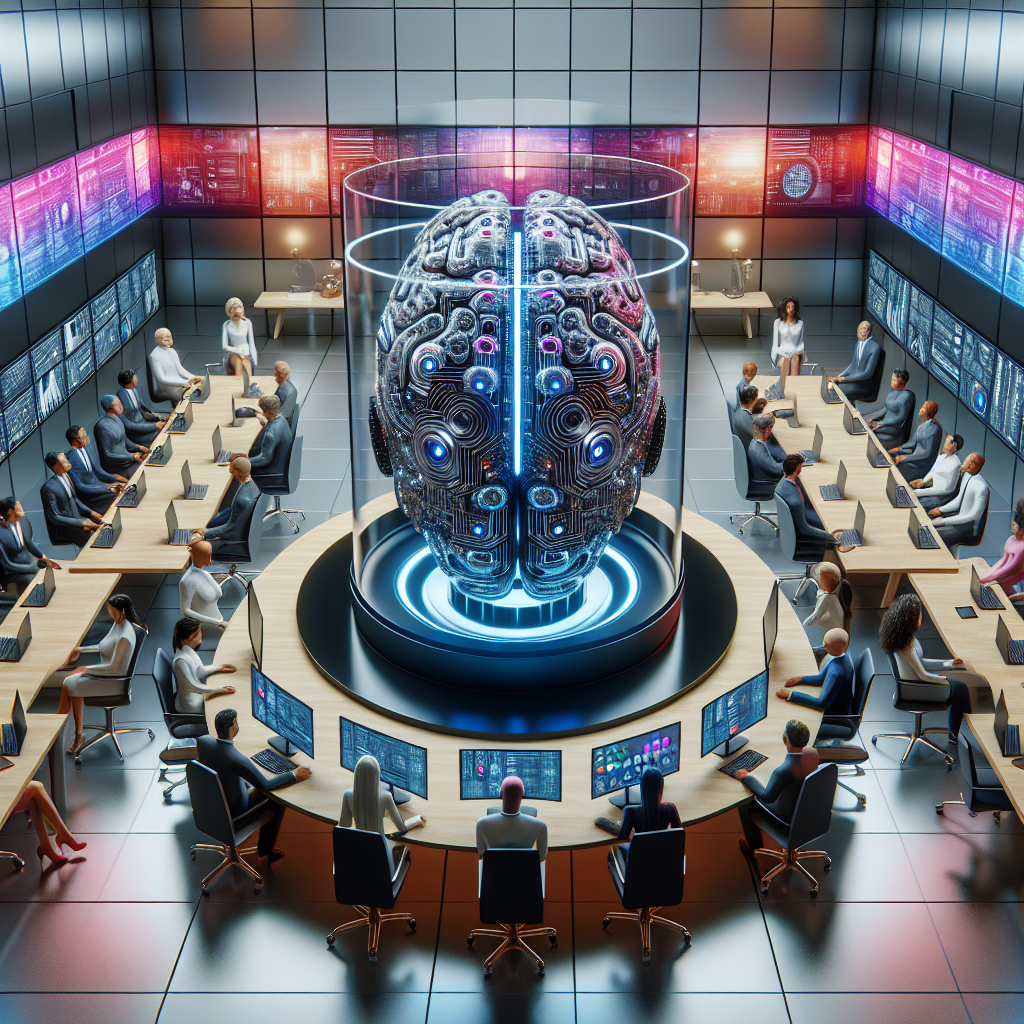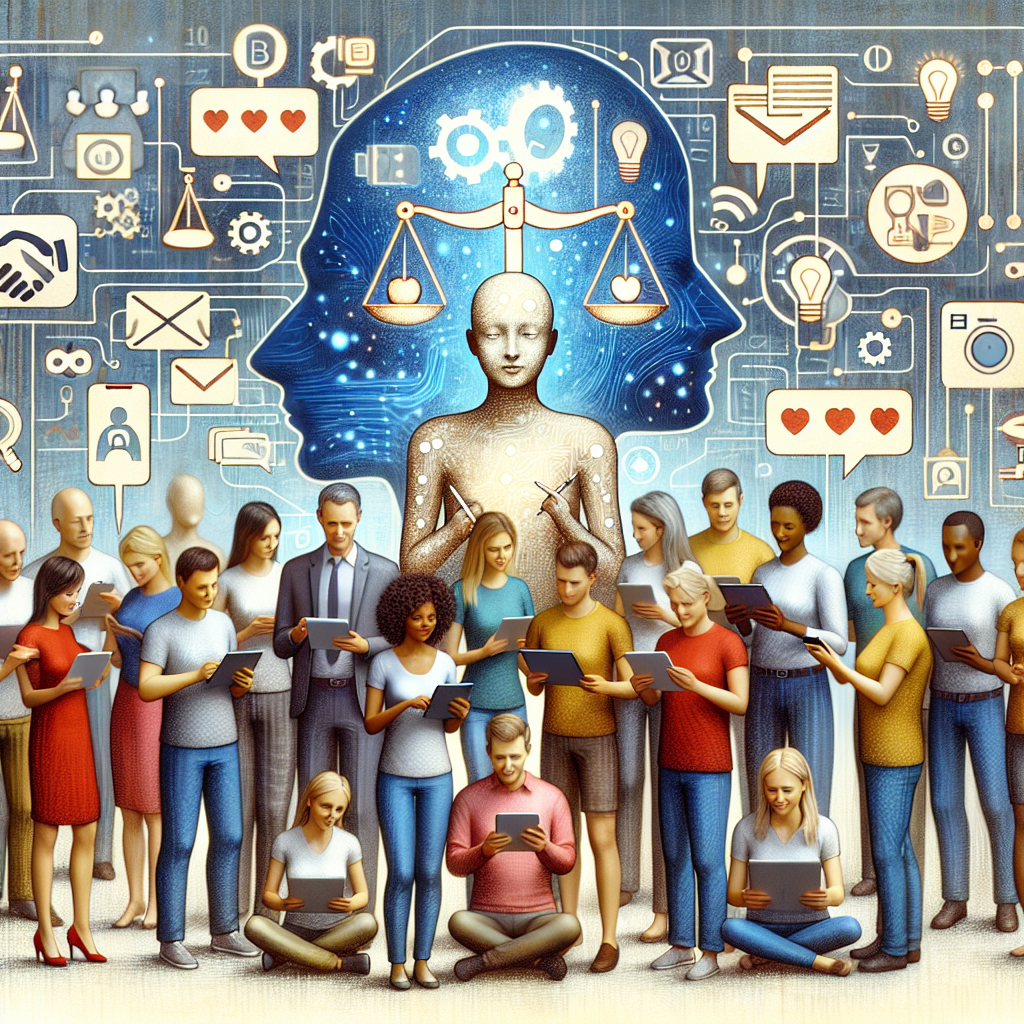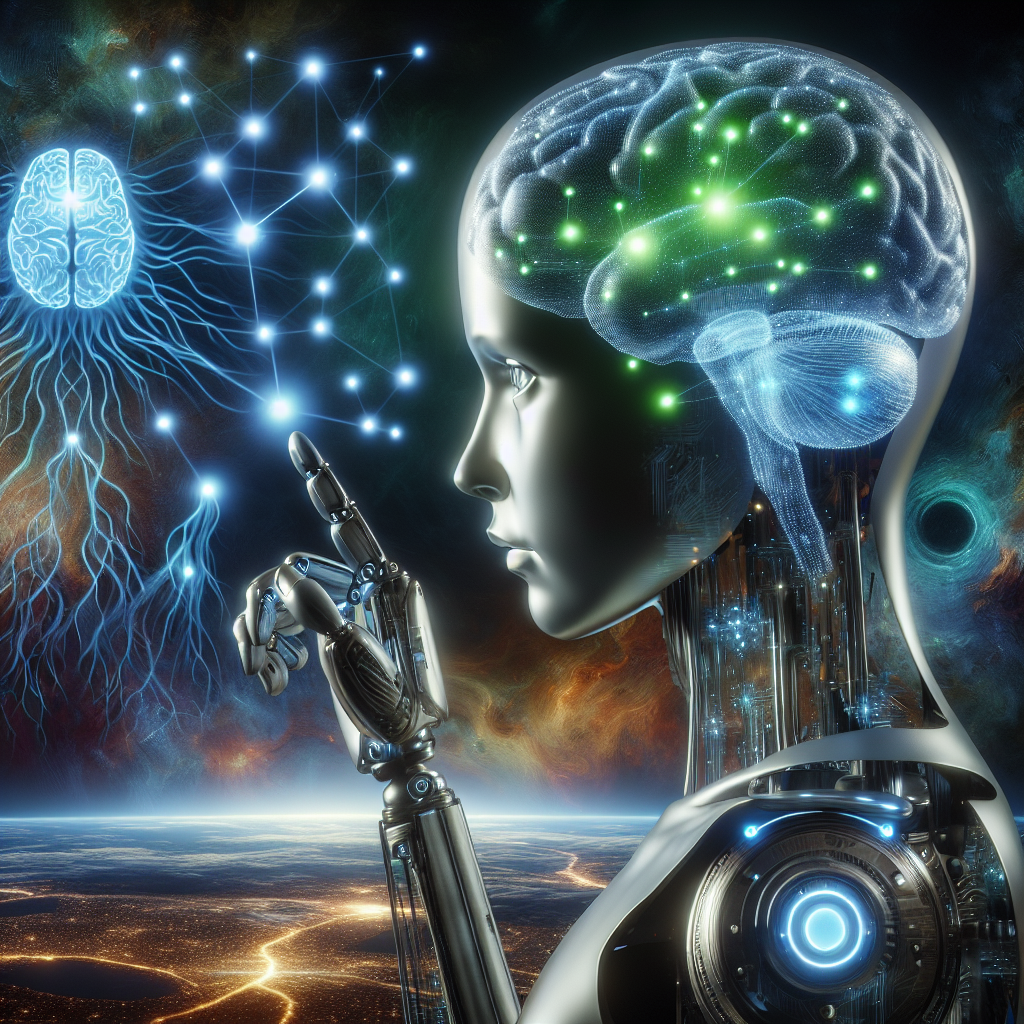In a move that could herald a significant transformation in the tech and startup sectors, one founder’s decision to replace his remote human workforce with artificial intelligence (AI) for coding tasks has ignited a debate on efficiency versus human employment in the digital age. The transition, detailed in a recent article titled “Why This Founder Let Go of His Remote Team and Chose AI to Code Instead” on Startup News, underscores a growing trend where startups are increasingly turning to AI to handle complex tasks traditionally performed by humans.
As per the original coverage, the unnamed company’s shift was primarily driven by financial logistics, efficiency, and the fast-paced evolution of AI technologies which have progressively become more reliable in managing intricate coding tasks. By adopting AI, the startup reportedly reduced operational costs and diminished the timelines for project developments, an attractive prospect for any business eyeing competitive advantages in the technology sector.
However, this move also raises significant concerns regarding the future job security for software developers and programmers, a workforce that has been, until now, pivotal to the tech industry’s explosive growth. The decision to opt for AI over human coders emphasizes an ongoing transformation within the technology landscape, hinting that as AI capabilities continue to leap forward, the skills that are valued in the tech workforce may also shift dramatically.
The impact of AI integration into primary operations such as coding and software development also beckons questions about the ethical responsibilities of tech startups. With each job automated, the ramifications on workforce dynamics are profound, potentially reshaping the career paths of future tech professionals. This event may stimulate a necessary discourse on ensuring a balanced approach towards embracing technology while safeguarding the socio-economic fabric that could be disrupted by widespread automation.
Furthermore, the example set by this startup may influence similar decisions across the sector, setting a precedent for other companies grappling with financial pressures and delivery efficiency. As AI continues to mature, the landscape of employment and the skill sets for tech professionals may require reevaluation, pushing educational institutions and workers alike to adapt to these new demands.
In conclusion, while the integration of AI in coding represents a milestone of technological advancement, it brings to the fore the complex dialogue between innovation and the human workforce within the tech industry. How startups and established companies respond to these changes could very well shape the nature of work in an increasingly automated world.



